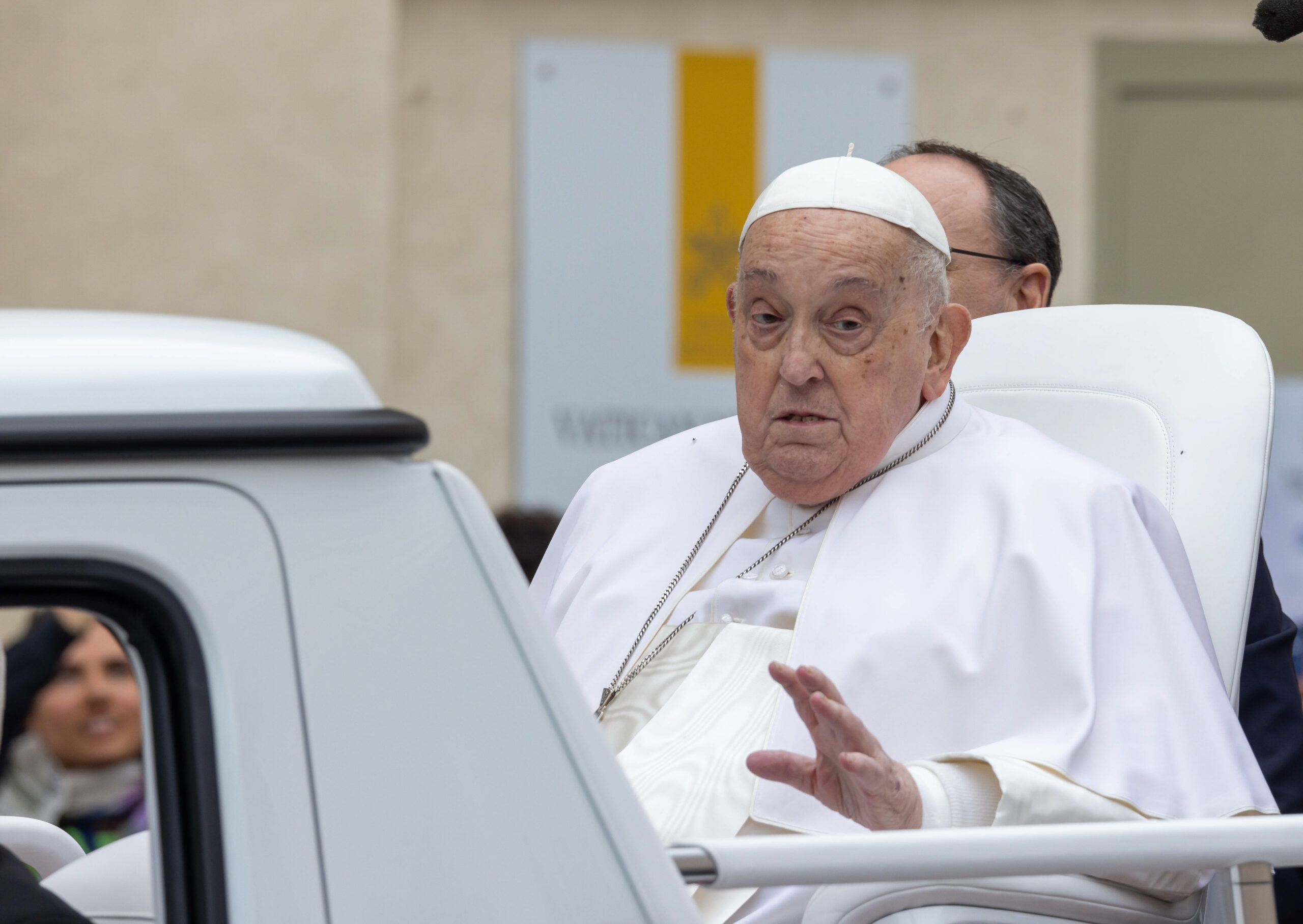(ThyBlackMan.com) The world will miss Pope Francis. In fact, it already does. After having already battled pneumonia, the pontiff passed away on April 21st due to complications from a stroke. Francis was the first pope from Latin America – and the first from outside Europe in roughly thirteen hundred years. He is being fondly remembered and mourned well beyond the borders of the Catholic Church.

Pope Francis was a case study in what might be termed self-effacing leadership. He seemed rarely to command power; in fact, he didn’t even appear to crave it. The pope was about as understated as someone could be in his role, refusing even to live in his official quarters at the Vatican – the first pope in more than 100 years to have done so. Yet, he clearly understood the immense power of his office, which he employed to cajole and even scold world leaders. Pope Francis realized he did not need to yell to have a loud voice.
Yet, he clearly understood the immense power of his office, which he employed to cajole and even scold world leaders. Pope Francis realized he did not need to yell to have a loud voice.
In exercising his power, this pontiff was something of a Rorschach Test. Conservative Catholics tended to view him as far too liberal; progressive Catholics generally viewed him much more positively. Of course, many of the latter group felt that Francis fell well short of the major reforms they seek, including greater authority for women and more LGBTQ acceptance. Personally, I wonder whether Pope Francis might have asked himself, “Who are they to judge?”
In a direct challenge to President Trump and other heads of state, the Pope strongly condemned anti-immigrant sentiment, as well as right-wing populism in general. He campaigned for homosexuality to be decriminalized, was successful in getting the Chinese government to be less strict in appointing Chinese bishops, helped to restore full diplomatic relations between Cuba and the U.S. and staunchly supported the cause of refugees. Pope Francis even publicly apologized for the Catholic Church‘s role in the “cultural genocide” of indigenous Canadians.
Francis frequently traveled abroad. He was the first Pope to visit Iraq and the UAE. He actively fostered improved inter-faith relations with the Muslim world and other religions. He went to Africa, advocating peace in South Sudan and inveighing against neo-colonialism. In fact, Francis called for western nations to stop exploiting Africa “for the poison of their own greed.”
I suspect that there will be a years-long debate as to whether Pope Francis was a revolutionary or a highly skilled communicator who changed little doctrinally in the Catholic Church. Of course, merely exploring that question might strike some as disrespectful so shortly after his death. I disagree. The nature of his office demands many sacrifices, including foregoing the anonymity that the vast majority of people enjoy.
As the leader of 1.3 billion Catholics, the pope is the head of the largest multi-national organization. He is arguably one of the 10 most powerful leaders in the world. Technically a head of state, the pope’s primary authority is based in religious dogma and moral suasion rather than in military might or global economic dominance. Interestingly, the man who was born Jorge Mario Bergoglio in Argentina was the first pope to select the name Francis – after the mythic priest who was known for his absolute dedicated to the poor and dispossessed.
The papacy is an incredible institution. A pope can issue an encyclical, or even a bull (which is more formal) to address a wide range of issues related to Catholic doctrine, social issues, morality or Church discipline. Unlike other extremely powerful men, Pope Francis seemed to be more interested in wielding power as a wrench rather than as a hammer.
It is easy and tempting to romanticize well-known, well-liked figures shortly after their deaths. Yet, Pope Francis was a beloved figure throughout his tenure. That includes many non-Catholics. Indeed, he sometimes appeared to be more popular outside the Catholic Church than he was among rank-and-file adherents to his faith. He left an indelible mark on the world.
Of course, it remains to be seen whether Francis will have passed a baton or was the anchor leg who finished a particular race. In other words, one can’t help but to wonder whether the College of Cardinals will select a reform agent like Francis or revert to a more traditional figure in the mode of his successor, Benedict XVI.
Having seen the movie “Conclave” a couple of months ago, I am quite envious of the men who will be privy to the secretive and momentous process of selecting Pope Francis’ successor. I pray that they approach that momentous task with the type of humility that was a hallmark of Pope Francis’ leadership.
Written by Larry Smith

















Pope Francis was a member of the Catholic Jesuit Priesthood, thus a religious scholar of high esteem in the rights, and rituals in Christianity as based on his faith, not empirical science, and was also a Theocratic leader of a special political entity within Italy. Pope Francis had extraordinary control over the moral, and ethical thoughts of millions of earth’s inhabitants calling themselves Catholics. Pope Francis was not a nihilist. His metaphysical, and physical theological beliefs were founded upon his faith in a God-made, determined world full of purpose.